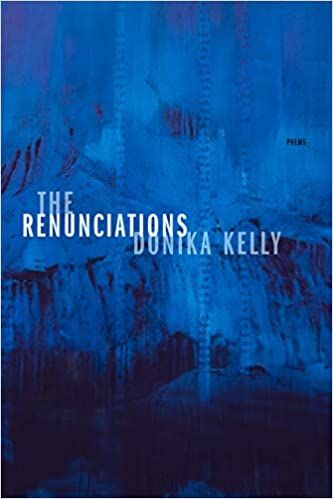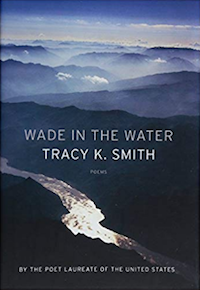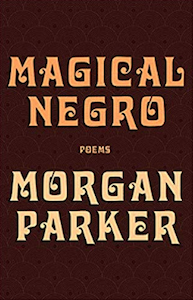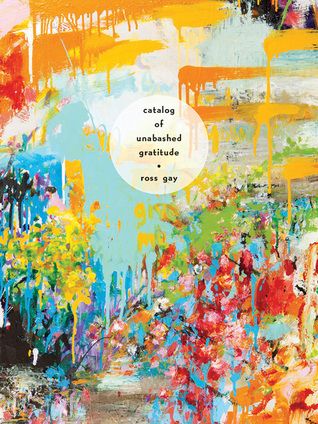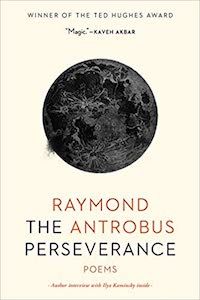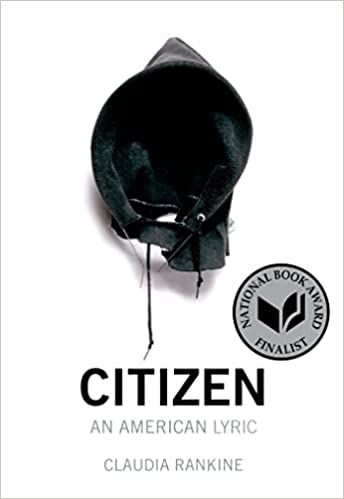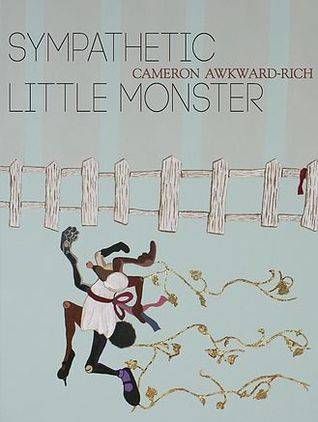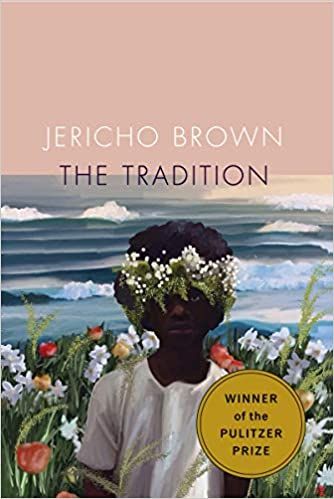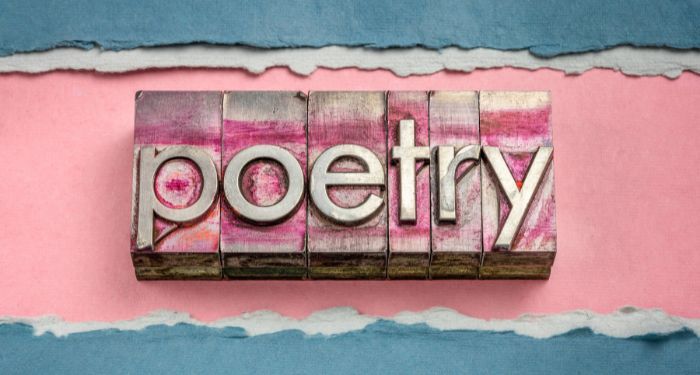
This content contains affiliate links. When you buy through these links, we may earn an affiliate commission.
This is the sort of list that’s basically impossible to make because: where do we start? The world of contemporary poetry is truly blessed when it comes to Black poets, who are out here praising and critiquing and messing with language in continually astounding ways. The 10 poets here are just some of the many incredible Black poets writing today. Their work has moved me, challenged me, delighted me, and made me think about language and the world in new ways. I’ve tried to include as broad a range as possible, so you’ll find poets with a huge body of work, and newer poets just starting out.
You’ll find poets who write love poems and poets who write about history. These brilliant artists are formal and experimental, their collections full of sonnets and odes, erasure poems and prose poems and new poetic forms of their own invention. In different ways, their work speaks to and illuminates the present moment. It is personal and political, intimate and universal, deeply painful and full of joy.
I’ve linked, in most cases, to each poet’s profile on poets.org, which provides a fantastic entry into their work, with poems you can read and listen to, a brief bio, and a list of their books.
Donika Kelly
I fell in love with Kelly’s first collection, Bestiary, and fell even harder for her most recent book, The Renunciations. She writes gorgeous love poems, and her work also explores trauma, healing, nature, bodies, desire, queerness, and more. Her language has a physicality to it: these are poems you can taste and hear. She mixes lyrical formality with surprising twists of language that feel sharp and alive.
Tracy K. Smith
If you’re wondering where to start with the work of Tracy K. Smith, former Poet Laureate of the U.S., the answer is: read it all. Need specifics? Wade in the Water addresses American racism and the legacies of slavery head-on in breathtaking erasure poems. Life on Mars is a dizzying collection that ranges from outer space to David Bowie. Pick up Such Color to get a sense of the immense scope of her work. And if you choose to listen to her read her poems on audio, you’re in for a real treat.
Check Your Shelf Newsletter
Sign up to receive Check Your Shelf, the Librarian’s One-Stop Shop For News, Book Lists, And More.
Thank you for signing up! Keep an eye on your inbox.
By signing up you agree to our terms of use 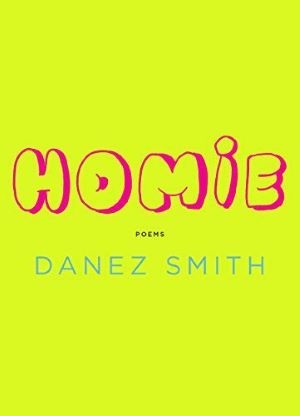
Danez Smith
I went through a long period of not reading poetry in my 20s, and Smith is one of the contemporary poets who brought me back to the form. Don’t Call Us Dead is a modern masterpiece, but all of Smith’s work is incredible. They write about Blackness, police violence, queerness and masculinity, desire, grief, and the sacredness of friendship. They’re also an amazing performer: check out ‘Dear White America‘ and ‘waiting on you to die so i can be myself.’
Morgan Parker
Morgan Parker’s work often brilliantly examines the ordinary and the minute. She writes about the everyday occurrences of Black life, especially Black womanhood, and ties intimate experiences to broader patterns in history and culture. In Magical Negro, she writes about pop culture and contemporary Black life alongside folk heroes and ancestors. Pick up There are More Beautiful Things Than Beyoncé if you’re unsure about poetry: Parker’s poems are smart and layered, but they’re also approachable. They hook you and don’t let you go.
Amanda Gorman
While Gorman became the first National Youth Poet Laureate in 2017, she burst into the public consciousness with her reading of her original poem ‘The Hill We Climb‘ at President Biden’s inauguration in 2021. Her debut collection, Call Us What We Carry, delves into grief, heartache, history, and memory. But it’s Gorman’s insistence on hope and the possibility of healing that makes her poems so irresistible.
Ross Gay
Do you need a pick-me-up? Are you looking for poems that will remind you just how wondrous this world can be? Do you crave words that will encourage you to slow down, pay attention, offer praise, and celebrate? Gay writes joy like no other poet I know. His work isn’t flippant, and it’s not always about the good stuff (although Catalog of Unabashed Gratitude is full of good stuff, from compost and orchards to bare feet and dear friends). But there’s a sense of reverence that permeates all of his poems, even when he’s writing about violence and loss.
Raymond Antrobus
Antrobus is a deaf British Jamaican poet whose work explores language, translation, silence, and music, as well as cultural identity, fatherhood, deaf history, and so much more. The Perseverance is one of the most innovative books of poetry I’ve read in years. It moves between verbal and nonverbal languages, and includes translations from BSL (British Sign Language), as well as numerous creative poetic forms that feel like visual art.
Claudia Rankine
Let’s call Rankine required reading for all Americans. Her work seems to defy form. Both Don’t Let Me Be Lonely and Citizen are a blend of prose, poetry, and images that, together, create something entirely new. Both of these books are about race in America, which is to say they’re about America’s central problem and founding mythology. Her work is confronting and unflinching, the kind of poetry that requires attention, that demands to be read and reread. It doesn’t leave you with anywhere to hide; the urgency in every word is palpable.
Cameron Awkward-Rich
Like many other readers I know, I was introduced to Awkward-Rich’s work thanks to his poem ‘Meditations in an Emergency,’ which often makes the rounds on social media. I still can’t read it without getting a full-body shiver (or bursting into tears). It appears in his collection Dispatch, which addresses the media, the history and present of racial violence in the U.S., and how to live in a world that often feels like a constant bombardment. His work, like the world, is full of contradictions, which makes it both a relief to read, and painful.
Jericho Brown
I absolutely love it when poets invent their own forms. Brown’s Pulitzer-winning collection The Tradition is full of duplex poems, a form he invented that’s a blend of the sonnet, the ghazal, and the blues. His language is as sharp as it comes — every line is full of rhythm and truth. The duplex poems, especially, are revelatory. Blackness, queerness, the ways that bodies move around in the world, desire and pain, fatherhood, freedom — Brown approaches everything he writes about with incredible nuance and beauty.
Once you’ve made your way through the work of these incredible poets, why not dive into the books of these must-read modern poets of color? Or maybe your next favorite poet is one of these amazing writers, who came into my life thanks to The Sealey Challenge. And for ravenous poetry lovers, there’s plenty more in our poetry archives!

